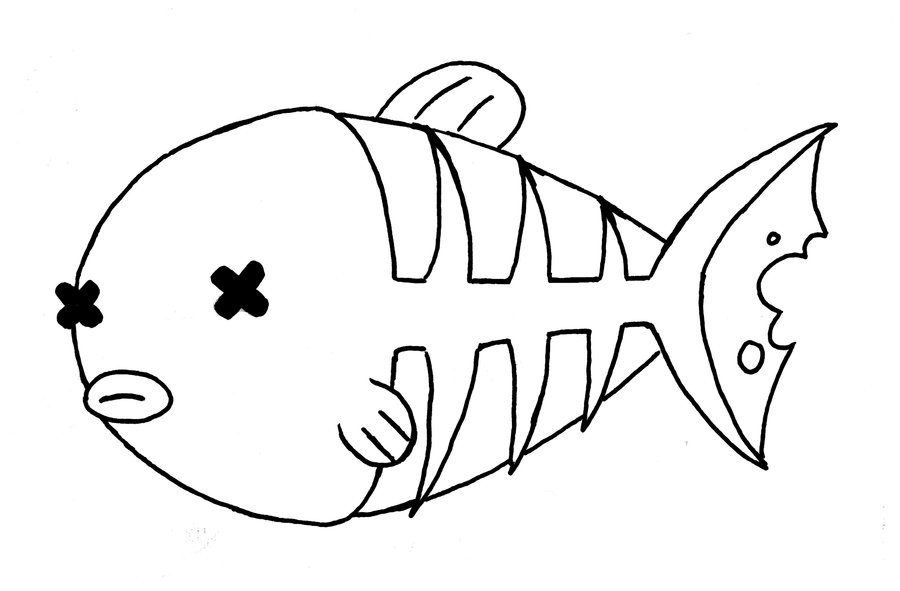First published in 1967, the novella has a
strong element of The Machine in the Garden about it, as Brautigan seems
to reflect on nature and the destruction of the environment. A child thinks he
sees a waterfall, but really it is “just a flight of white wooden stairs
leading up to a house in the trees.” The author remembers how he once mistook
an old woman for a trout stream in Vermont. “‘Excuse me,’ I said, ‘I thought
you were a trout stream.’ ‘I’m not,’ she said.” In another chapter, an
abandoned shack has a notice nailed to the front door. “NO TRESPASSING 4/17 OF
A HAIKU”
It
is nostalgic in the way that it captures a moment in time, but then suspends it.
The contemporary context may be a poor pretext for the sexism that was
prevalent in the era, but it can’t excuse the fact that some passages are misogynist
and highly distasteful. Brautigan was a contemporary of Kerouac, Burroughs,
Kesey and other (always male) beat writers. He usually refers to “the woman I
was travelling with” and women are peripheral, mentioned only in relation to
their use to men. “The only woman he could find up there was a
three-hundred-pound Indian squaw. She had twin fifteen-year-old daughters and
he wanted to get into them. But the squaw worked it so that he only got into
her. She was clever that way.”
Trout
Fishing in America writes letters; it is a slogan written on the backs of first
graders in chalk by a gang of sixth graders; it is a pen nib, “with a stroke of
cool green trees along the river’s shore, wild flowers and dark fins pressed
against the paper”; it moves to Alaska to escape the heat of New York, leaving
a forwarding address; it has Maria Callas for a girlfriend; it is its own
autopsy as if “it had been Lord Byron and had died in Missolonghi, Greece, and
afterward never saw the shores of Idaho again”; it is an item for sale at The
Cleveland Wrecking Yard where it is sold by the foot length, “You can buy as
little as you want or you can buy all we’ve got left… We’re selling the waterfalls
separately of course, and the trees and birds, flowers, grass and ferns we’re
also selling extra. The insects we’re giving away free with a minimum purchase
of ten feet of stream.”
There are oddly specific similes, many of which are fancifully extended. Dead fish “had been turned white by death, like frost on iron doors. Their eyes were large and stiff.” Some descriptions are gloriously visual. “The streets were white and dry like a collision at a high rate between a cemetery and a truck loaded with sacks of flour.” Others are nonsensical and absurdist for their own sake, such as when mentioning small wooden markers in a graveyard for the poor. “Eventually the seasons would take care of their wooden names like a sleepy short-order cook cracking eggs over a grill next to a railroad station.”
Sometimes
Brautigan falls into a simpler writing that comes close to being a studied
imitation of Hemingway’s plain style or even a parody of it. When travelling,
the narrator gets picked up by a farmer in a truck. “The farmer did not ruin
his audition for the Metropolitan Opera by making a sound. He just nodded his
head again. The truck started up. He was the original silent old farmer.” He
can deflate situations before they even begin. “The garbage was a problem for a
little while and then we discovered a way to get rid of it.” And he can include
universal transcendent hallucinogenic passages: “You made love standing,
sitting, lying on the dirt floor with pigs and chickens around you. The walls,
the floor and even the roof of the hut were covered with your sperm and her
come.”


No comments:
Post a Comment